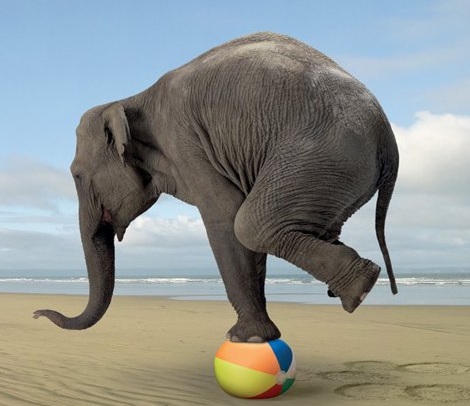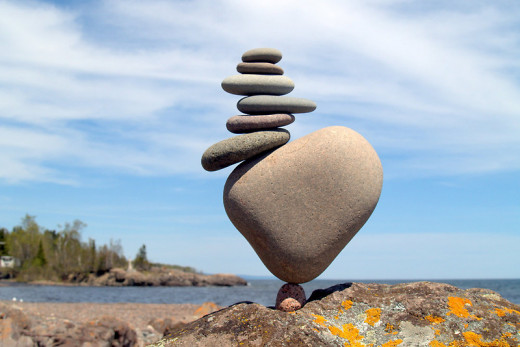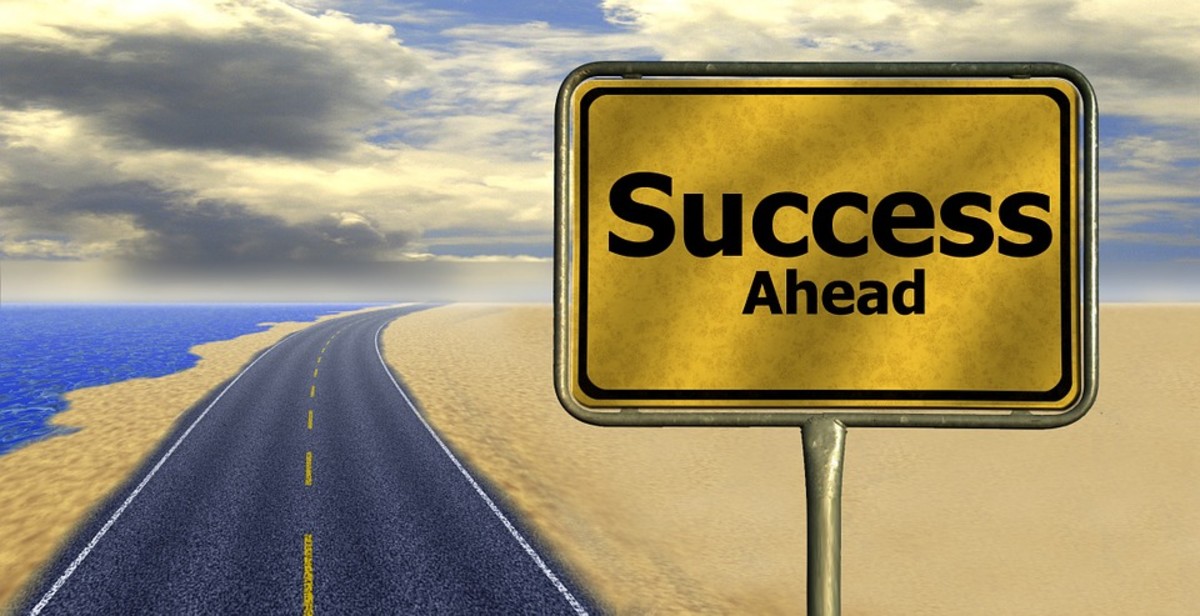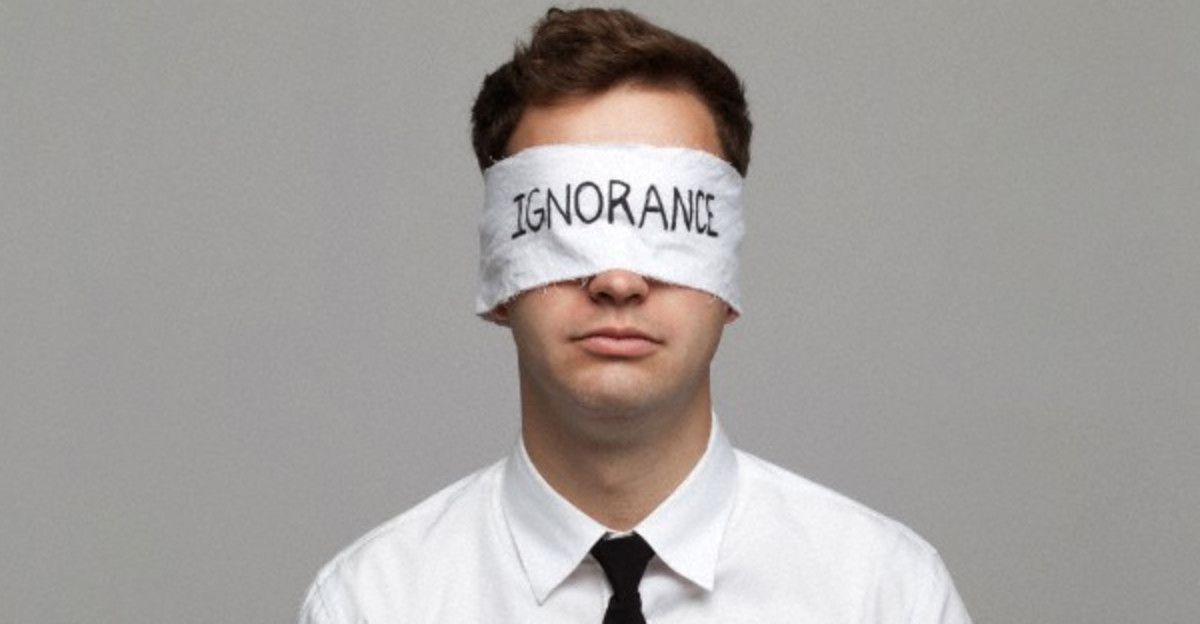Is balance important in life and why or why not?

People often want a healthy work-life balance. The amount of dieticians advocating a balanced diet is hard to count. Some state that good and evil keep each other balanced. All considering it seems like life is all about balance. Is this the case indeed, or perhaps not as often as people tend to think?
What is or when can we speak of balance?
Just to give a very dry definition: something is balanced whenever it is in equilibrium. This can be a pound of iron and a pound of feathers for instance, but also the revenue and expenses of a business in a Microsoft Excel sheet. From a political point of view, the system of checks and balances prevents one particular power within a state from growing too powerful, thus creating a certain equilibrium between them. All of these examples prove that we can make a difference between tangible and non-tangible kinds of balance. Since tangible kinds speak for themselves, I have decided to focus on the non-tangible kinds – balances from a philosophical perspective to be precise. It’s interesting to note that the term ‘balance’ has become a fashion word, if not a synonym for the key to a happy life to say the least.
Work-life balance
How many people are there, who claim to pursue a work-life balance? This kind of balance, so characteristic for our time, is fascinating and definitely worth the effort to zoom in on. Does a work-life balance necessarily mean that those who pursue it aim for a 50-50 ratio? In other words, spend 50% of their time at work and 50% at home? Of course not, there are big differences in preference. The one would rather spend some more time at work, while the other preferably spends most of his time at home. Bearing this in mind, we can conclude that a desirable work-life balance doesn’t always have to be 50-50 in order to be considered ideal. For some people, a 30-70 or 60-40 ratio is perfect.
Balance between putting forth effort and achieving a goal
Whenever you seek to achieve something, you will have to put forth effort, regardless of whether this is a lot of effort or just a little. Simple example: if you want to do groceries (goal to be achieved), you will have to go to the supermarket or go online to buy them (effort). Here, too, we see a certain kind of balance which not only differs between individuals, but from day to day as well. After all, the urgency of doing groceries is different every day for the same individual (let’s face it, having to go without toilet paper for days can be highly inconvenient). In other words: the amount of effort someone is willing to put forth in order to achieve a goal, depends on the value of achieving said goal in the perception of that person.

Balance between good and evil
Good cannot exist without evil and vice versa – although, that is according to some philosophers. It’s a dogma that is frequently heard of alluding to good only being able to show itself if evil is present, just like darkness creates ideal circumstances for light to be visible. I dare to question this theory. Would we really be unable to see good anymore if evil would not exist? Personally, I don’t think so, since good and evil are relative terms defined by individuals on a personal basis. As a consequence, an ideal balance doesn’t necessarily have to be 50-50 here either. Some people are more content with a ratio which statistically may be more askew, yet in their eyes is considered to be ideal.
Balance is a means rather than a goal in itself
What some people tend to forget, is that balance pursuing a balance is a means to live a happy life rather than a goal in itself. As a result of that, they get consumed by their pursuit for happiness in their lives which inevitably causes them a lot of stress, thus not at all contributing to reaching their goal. Instead, they zip past it. It’s truly a shame, since they are able to prevent this from happening to themselves if only they would have realized that from a philosophical point of view, no facts or mathematical laws exist to tell you how a good balance can be defined.
So is balance in life important?
Yes, but to a degree only. Since equilibrium in the perception of an individual never has to be formed by an absolute balance, we can only speak of it in a relative sense. People determine for themselves what a good balance is. The advantage of that is that every individual has the opportunity to improve the quality of their lives by making use of balances. There is however a disadvantage as well that lurks in the shadows: pursuing balance in such a way that it becomes an obsession.
“Pursuing balance in life is useful provided that you always ensure that you weigh more than the scale and its contents added together.”
- Victor Brenntice -









